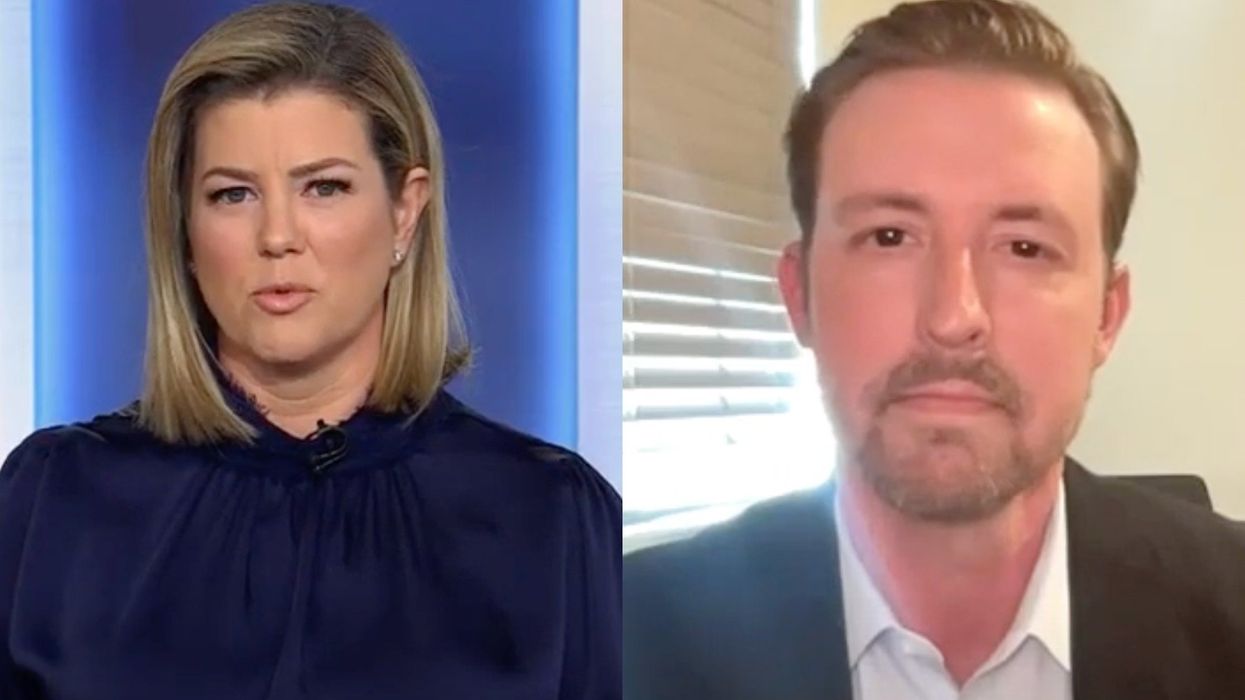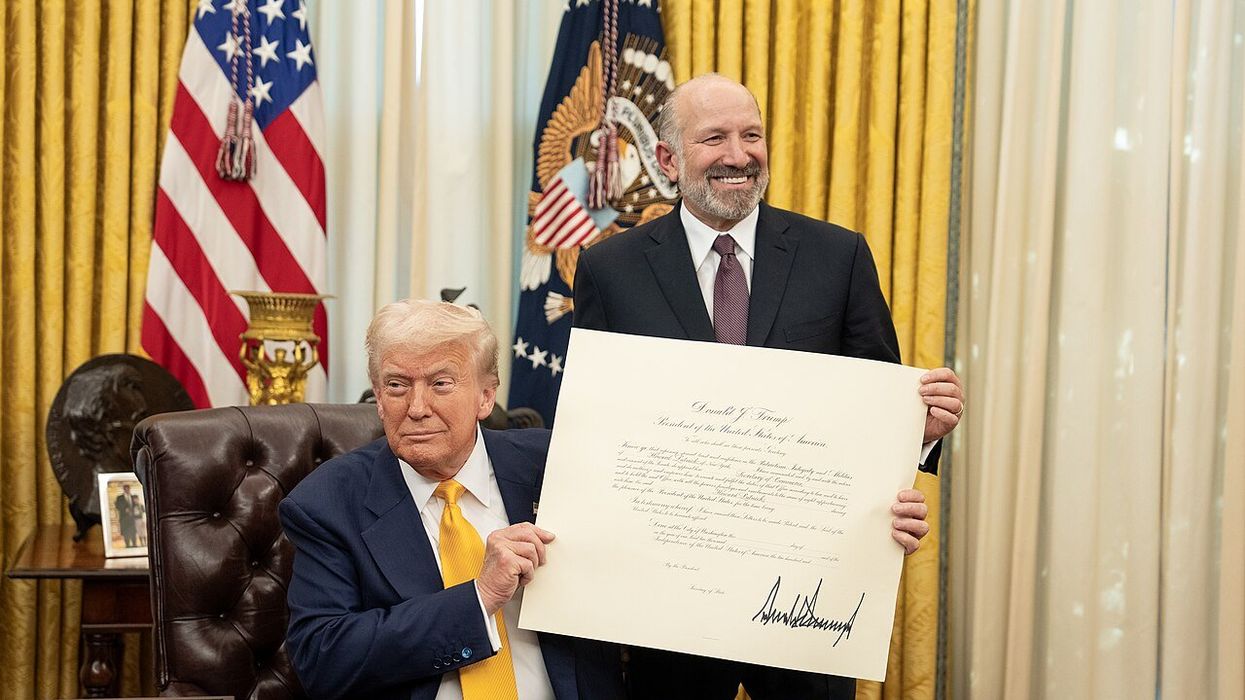March 19, 2025
ALTERNET
Today I want to delve into the deepest, darkest, and perhaps most important question of our time — yet one that no one seems able to answer: What is Trumpreally after? What’s his ultimate goal?
I’ve heard at least four theories.
1. He wants to become dictator of the United States. According to this view, Trump is intent on ridding America of our democratic institutions and substituting himself as dictator. He has openly envied Putin, Xi, Kim Jong Un, and other dictators because they have no opposition and can remain in their positions for as long as they wish. So he’s aggressively breaking laws and practically daring the federal courts to stop him.
2. He wants to rule the world. A second view holds that he wants to dominate the entire world. He’s using the richest man in the world to help him and is on the way to creating an alliance with Putin to carve up the world into two giant spheres of influence (if that’s ever accomplished, he’d presumably find a way to get rid of Putin). According to this view, Trump will be satisfied only when the entire world bows down to his authority.
3. He wants to be the richest person in the world. A third view is that he’s not really interested in power for the sake of power. He’s really focused on what that power can bring him — specifically, extraordinary wealth. His goal is to make even Elon Musk look like a pauper. His aim is to use the office of the presidency to make him and his family the wealthiest oligarchic dynasty in history.
The video player is currently playing an ad.
4. He wants to be worshipped. A fourth view is that power and wealth are only means for Trump to get what he really wants: to be worshipped. His ultimate goal is to transcend the mere trappings of formal authority and extend his MAGA religious cult to all of America and then to the far corners of the world. He wants to be revered through history as a supreme being especially blessed by God.
So today’s Office Hours question: What do you think is Trump’s ultimate goal?
Robert Reich is a professor of public policy at Berkeley and former secretary of labor. His writings can be found at https://robertreich.substack.com/
ALTERNET
Today I want to delve into the deepest, darkest, and perhaps most important question of our time — yet one that no one seems able to answer: What is Trumpreally after? What’s his ultimate goal?
I’ve heard at least four theories.
1. He wants to become dictator of the United States. According to this view, Trump is intent on ridding America of our democratic institutions and substituting himself as dictator. He has openly envied Putin, Xi, Kim Jong Un, and other dictators because they have no opposition and can remain in their positions for as long as they wish. So he’s aggressively breaking laws and practically daring the federal courts to stop him.
2. He wants to rule the world. A second view holds that he wants to dominate the entire world. He’s using the richest man in the world to help him and is on the way to creating an alliance with Putin to carve up the world into two giant spheres of influence (if that’s ever accomplished, he’d presumably find a way to get rid of Putin). According to this view, Trump will be satisfied only when the entire world bows down to his authority.
3. He wants to be the richest person in the world. A third view is that he’s not really interested in power for the sake of power. He’s really focused on what that power can bring him — specifically, extraordinary wealth. His goal is to make even Elon Musk look like a pauper. His aim is to use the office of the presidency to make him and his family the wealthiest oligarchic dynasty in history.
The video player is currently playing an ad.
4. He wants to be worshipped. A fourth view is that power and wealth are only means for Trump to get what he really wants: to be worshipped. His ultimate goal is to transcend the mere trappings of formal authority and extend his MAGA religious cult to all of America and then to the far corners of the world. He wants to be revered through history as a supreme being especially blessed by God.
So today’s Office Hours question: What do you think is Trump’s ultimate goal?
Robert Reich is a professor of public policy at Berkeley and former secretary of labor. His writings can be found at https://robertreich.substack.com/












.jpg)

